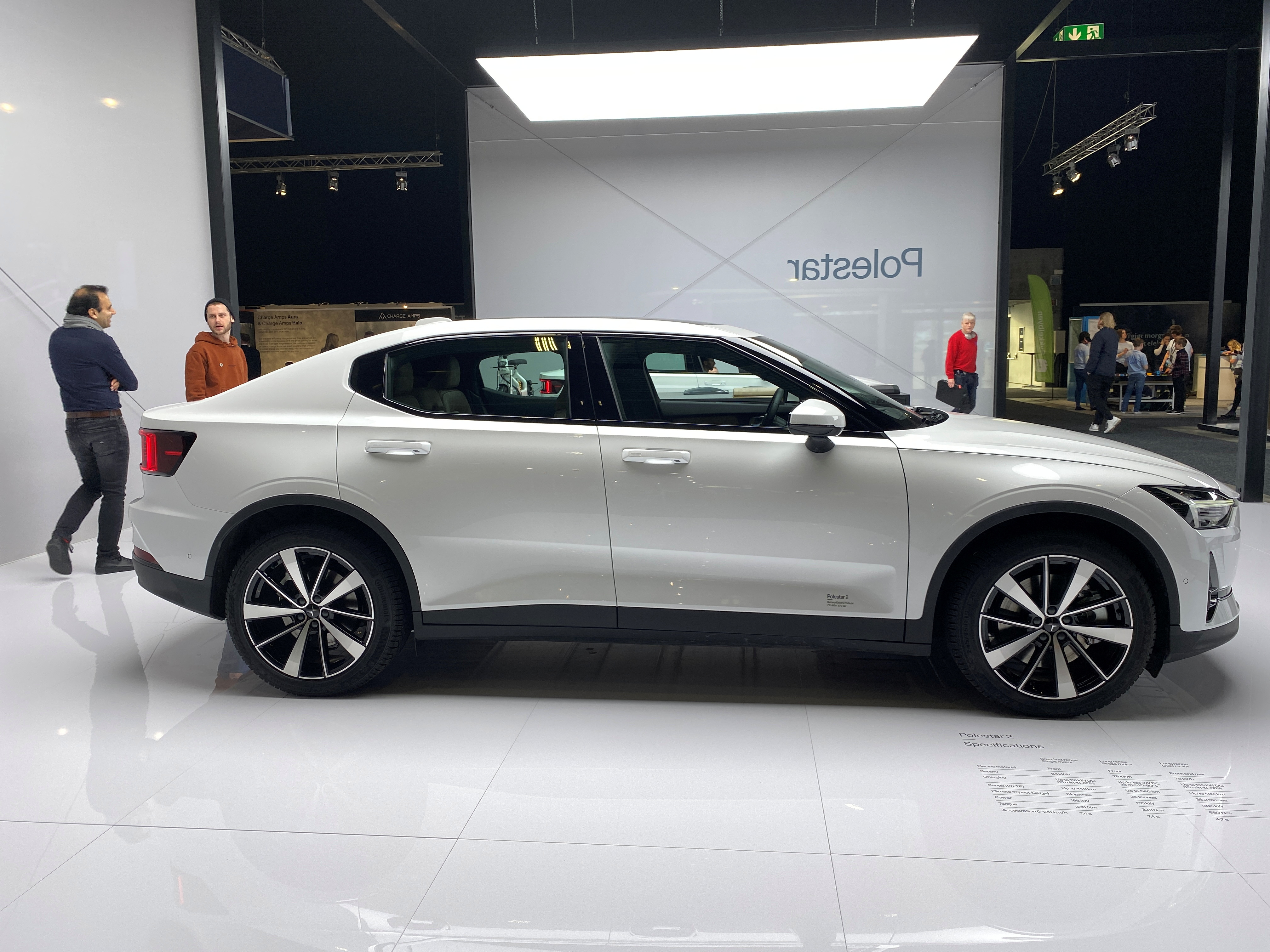

Nov 3 (Reuters) - Electric vehicle maker Polestar said on Thursday it had secured $1.6 billion in financing from its two main shareholders to help it deliver its growth plans amid volatile markets.
Volvo Car (VOLCARb.ST), which co-founded the brand with China's Geely (0175.HK) in 2017, said it would provide an $800 million loan to the firm. Its other major shareholder, PSD Investment, will provide the same amount through "direct and indirect financial and liquidity support," Polestar said.
Volvo, which owns just over 48% in Polestar, said its loan included options for Volvo to convert some of its loans to equity in a potential future equity raising by Polestar.
"We welcome the continued support from our major shareholders at a time when the capital markets are volatile and unpredictable," Polestar CEO Thomas Ingenlath said in a statement.
The Sweden-based carmaker said the funding, alongside previously secured resources, would provide the company with sufficient funds through 2023.
In June, Polestar was listed on the Nasdaq through a merger with a special purpose acquisition company (SPAC).
Volvo, like other major carmakers, has in recent years invested heavily in making its own electric vehicles and has also said it was committed to supporting Polestar.
Volvo aims to sell only fully electric cars by 2030, while Polestar has a goal to launch three more cars by 2026.
In February, Volvo formed a joint venture with battery manufacturer Northvolt to build a battery plant in Gothenburg which would produce battery cells specifically for electric Volvo and Polestar cars.
However, carmakers and suppliers are struggling as costly investments in an electric future coincide with rampant inflation and soaring energy prices.